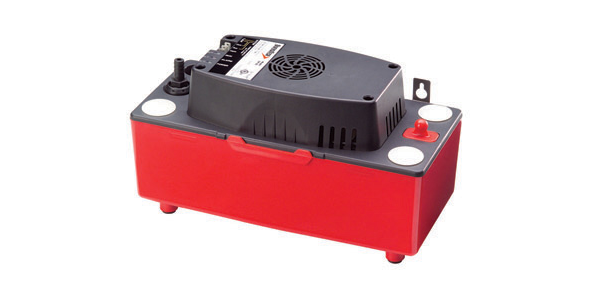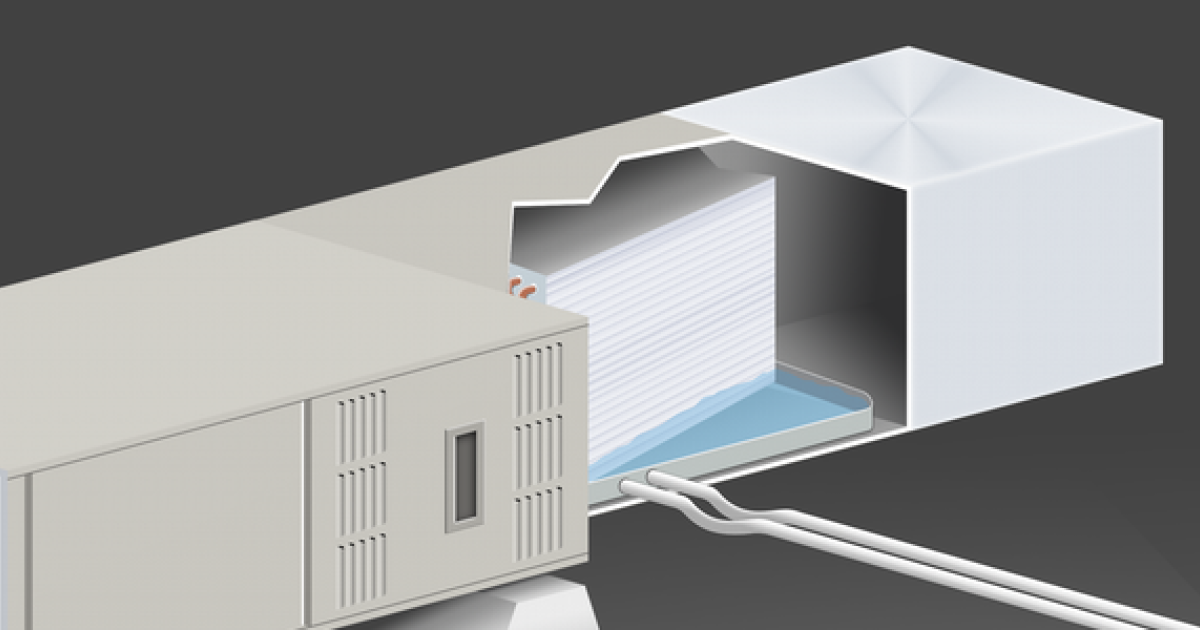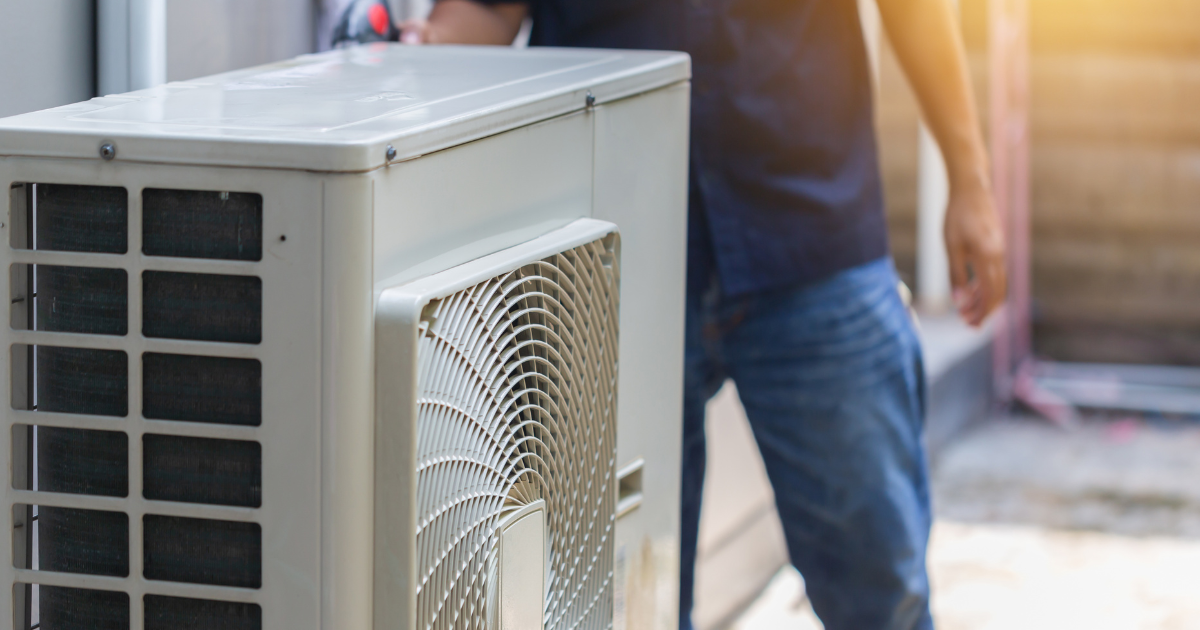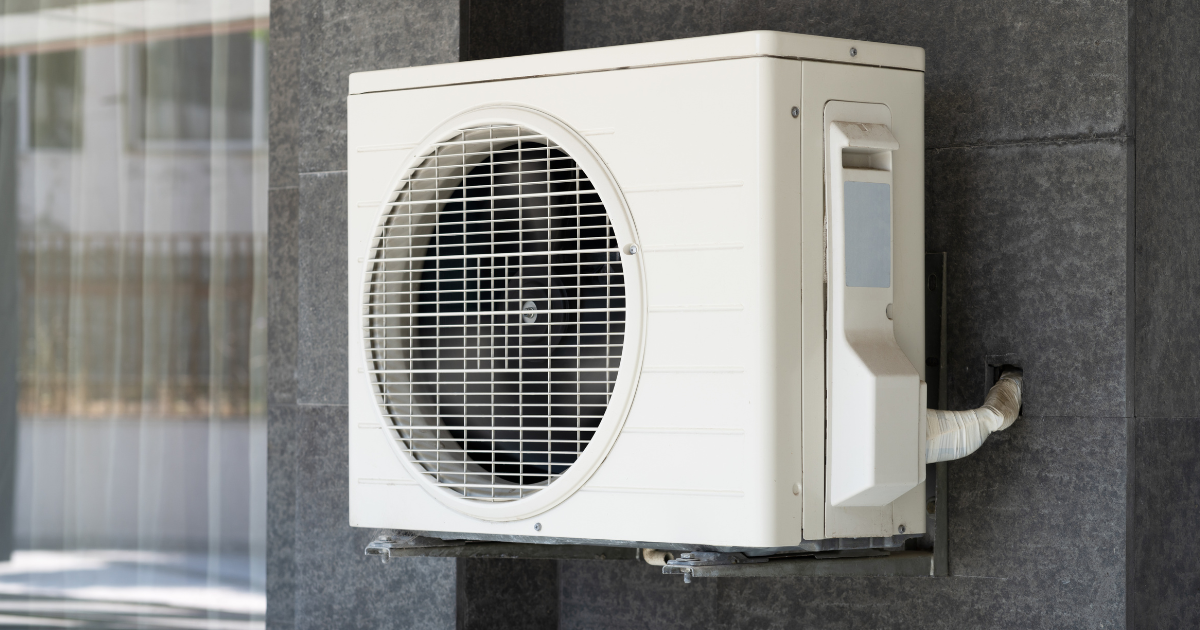All the leaks
If your air conditioner begins leaking, it can be difficult to find out why, especially if you’re not sure where to look. To preserve the efficiency of your unit, you should find the cause of the leak and address it sooner rather than later. Not only can a leak lower the efficiency of your unit, but this inefficiency can also increase your energy bill. Let’s take a look at a 3 common areas where air conditioners might spring a leak!
Air Conditioning Leaking: Refrigerant
An air conditioner that is improperly installed is vulnerable to refrigerant leaks. Poorly brazed copper refrigerant lines can have pinhole leaks that take months to notice refrigerant levels have dropped. Also if vibrating parts are up against the refrigerant coils, this can cause a hole and refrigerant loss. Check that the vents throughout your home are open and your filter is clean. Restrictions in an air conditioner system can raise refrigerant pressure and cause the valves of the unit to leak as the unit gets older.
Air Conditioning Leaking: Water
One of the most common causes of air conditioning water leaks is a broken or malfunctioning condensate pump. Test your pump by pouring water into the condenser pan or directly into the pump. A float switch inside will turn on the pump when the water rises to a certain level. If the pump doesn’t activate, it may be clogged, broken or without power. Make sure the pump is plugged in and has power, there is usually a green power indicator light. A condensate pump should be wired so as to shut down the air conditioning if it fails for any reason to avoid any water damage to your home. An HVAC professional will know how to do this.

Another common cause of leaks are the condensate lines. These are what drain condensation from the indoor part of your a/c system to the outside of your home. If the primary drain line becomes clogged, the secondary line will start to drip water over one of your outside windows. This is an indicator that you have a problem and should call a HVAC Technician. If the secondary line clogs, water will back up and flood the overflow pan, resulting in possible water damage to your ceiling and other parts of your home. A backed-up line can also cause the unit to automatically shut down if it is set up to detect an issue. You can clear a condensate line by using a wet/dry vacuum to suck out the clog or calling a technician, but routine care and maintenance is the best form of prevention.
Damage to the overflow pan or PVC condensate lines can be the source of water leaks. Check the pan and PVC lines for cracks and other signs of damage. You may need a professional technician to replace the entire pan or one of the lines.
Air Conditioning Leaking: Air
Poor installation or age of your system can result in leakage of of your cold air into the attic or under your home. The average duct leakage in California is up to 30% loss! This lowers your units ability to handle the heat in your home, lowers efficiency, raises your utility bills and wastes your hard earned money! If you notice your system runs a lot longer than it used to or it doesn’t cool your home like it should, this could be a sign of air leakage from your system. Call a professional HVAC technician to inspect your equipment and ducting system to fix these issues.
Most of these leaking issues can be avoided with an ongoing, annual maintenance program for your system. Getting an expert assessment of the issue can save you time and money and allows you to stay cool and comfortable throughout those hot summer months. Stay cool and leak free!

Bob Jenson
For over 45 years, Bob Jenson has been providing quality heating and air services to the San Diego community.
Request Service
Please fill out the form below to request an estimate or schedule service.
"*" indicates required fields







